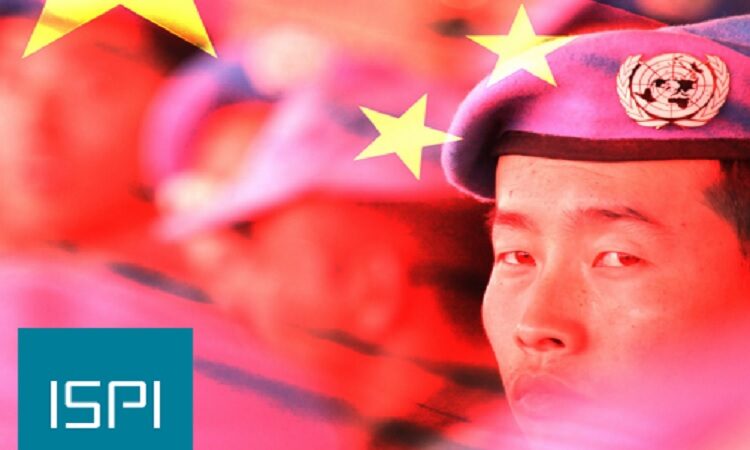Italian Institute of International Political Studies | Axel Berkofsky | Giulia Sciorati | Published 28 January 2020
China’s future role on the global stage hinges upon a mixture of strengths and weaknesses. Beijing’s meteoric rise in economic terms has been coupled by increasing military expenditures and a more assertive foreign policy stance. But the country is also facing a potential backlash, exemplified by protests in Hong Kong, while it remains to be seen whether (and how) the governance of the coronavirus outbreak will affect China’s image abroad.
With an introduction by Paolo Magri, this wide-ranging and interesting report sets out to explore some of the key aspects of China’s regional and global foreign policy in seven separately-authored chapters.
The Report analyses the core tenets that motivate and shape China’s preferences, ideals, and actions, and explores how they interact with its partners, allies, and rivals.
A highlight
An interesting chapter by The University of Tokyo’s Shin Kawashima, co-author of Japan-China relations in the modern era (2017), usefully sheds light on Chairman Xi’s conceptualisation of a global international order. “From China’s perspective, the current international order is biased towards the US’s preferences and favours US and Western interests. Beijing has now come to the point of formulating and proposing a number of alternatives to Western principles. At the same time, China does not completely oppose the UN or the principles of international law, instead endorsing or dismissing them as it suits its interests, in a pragmatic or – some might argue – exploitative fashion.”
Read the full Report (external link)

